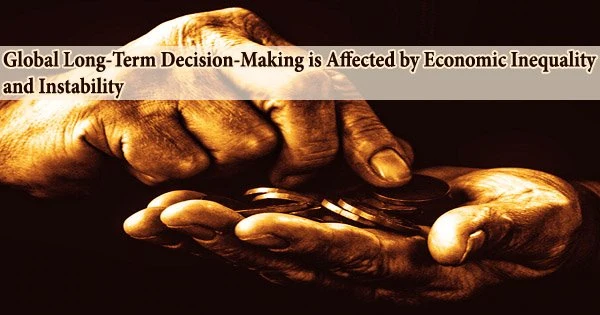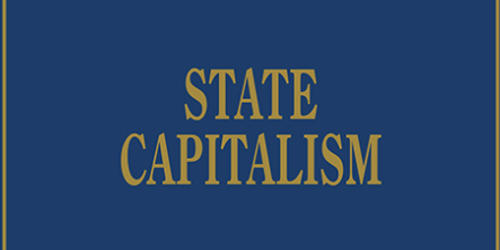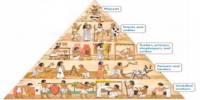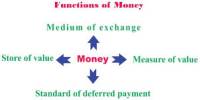Would you rather have $500 today or $550 in 12 months?
People across income classes and geographical areas frequently choose current rewards over future gains, a phenomenon known as temporal discounting, according to a massive study spanning more than 60 countries.
However, the practice is less likely to occur if people have more personal financial resources and live in an equitable and stable economy. The study’s findings have been published in the journal Nature Human Behavior. The lead author is Kai Ruggeri from the Mailman School of Public Health at Columbia University.
A straightforward experiment involving more than 13,000 participants from 61 nations asked them to choose between getting an extra month of pay right away or waiting a year to get an extra month plus another 20%.
Similar inquiries were asked after these to investigate how distinct answers appeared to conflict with one another. Participants also provided information about their demographics, risk tolerance, economic outlook, and financial situation.
The conduct is more prevalent among individuals with less financial resources who have a stronger need for money in the short term, despite temporal discounting being common across income levels.
Inflation and economic inequality are specifically mentioned in the paper as contributing causes, although unfavorable economic situations are also linked to a propensity to devalue future values.
We know that people pay a lot on credit card interest because they like keeping money in their savings accounts. Generally speaking, people like certainty, and will accept lesser outcomes for themselves up to a certain point. Once the potential gains become much higher that preference shifts.
Kai Ruggeri
“It stands to reason that being low-income would encourage taking the smaller, immediate gains, and the data back this up. But we also see that if you are wealthy in a highly unstable economic environment with high inflation and high inequality, you are also more likely to make near-term decisions that can be problematic later,” says Ruggeri, PhD, assistant professor of health policy and management at Columbia Mailman School.
Additionally, the study discovered that people don’t consistently choose between their current and long-term financial possibilities. For instance, most people would choose to accept the lower payout today over a larger one received a little later.
However, most individuals nowadays would choose to pay the lower amount if given the exact same values in exchange for making a payment (as opposed to receiving money).
It appears that we are willing to sacrifice benefits in exchange for quicker gains, but when it comes to payments, we want to minimize further losses. This is precisely why credit card bills show payment amounts like “minimum” or “full,” rather than “here’s how much you’ll lose if you don’t pay it off now.”
“We know that people pay a lot on credit card interest because they like keeping money in their savings accounts. Generally speaking, people like certainty, and will accept lesser outcomes for themselves up to a certain point. Once the potential gains become much higher that preference shifts,” Ruggeri explains.
According to the researchers, the ramifications of their results for better economic policy also extend to public health. For instance, there are established associations between making impulsive decisions and healthy eating, vaccination, mask use, and exercise.
Policies that frequently hurt the most vulnerable can be changed by recognizing that preferences for present options over future ones are frequently a direct effect of the environment and not just poor choices.
171 researchers from more than 60 nations worked on this project, many of them were part of a network for young scientists. Amma Panin (Université Catholique de Louvain, Belgium) was the senior expert and Eduardo García-Garzón (Universidad Camilo José Cela, Madrid, Spain) was the lead statistical expert.
















